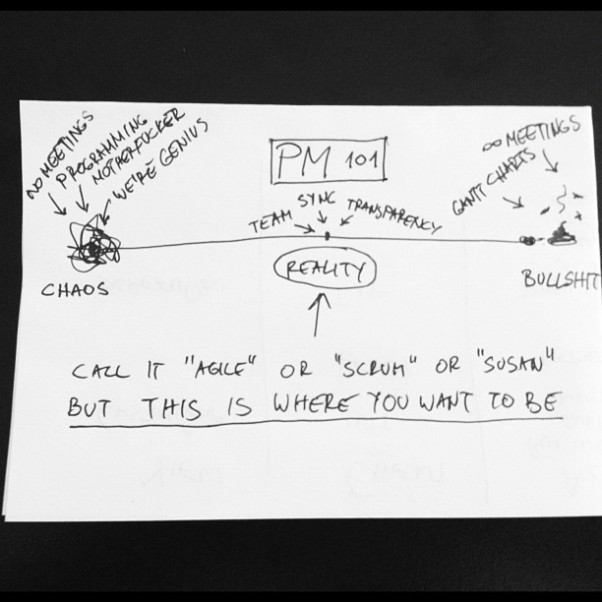“Is this restaurant popular with students?”, asks my friend from Belgrade, looking around at the tables packed with young people in their late teens and early twenties. “All restaurants in Slovenia are popular with students”, I reply. The restaurant we’re in doesn’t look like a rat hole to my friend — on the contrary — so his face turns from indifferent to WTF in a matter of seconds. “How come?”, he asks. I must admit I enjoy being asked this by people from abroad. I’ve lived in Slovenia for 7 years and never gotten tired of explaining what “student status” means around here. So I tell him the story about the food coupons, which let any student in Slovenia buy a government-subsidiesed, full-course meal at just about any restaurant, usually for less than 3.5€.
When my friend and I were students in Belgrade, all we got from our government was trouble. We were far from regular visitors of any restaurant and when we did have the rare pleasure of eating a full course lunch at one, every last dinar was paid by our hard-earned, non-EU, envelope-delivered salaries. We both worked full-time during studies, but without contracts or benefits — the usual arrangement for Serbia at the time. We studied at night and during weekends. Food was usually provided by bakeries and moms.
I realize we may come off as supermen — an image every proud Balkan man is trying hard to obtain — but I still assure you we were no rare exception. And I don’t mind that. Even today, that’s what my perception of student life is like, more or less. To use one of my favorite quotes from The Layer Cake:
You’re born, you take shit. You get out in the world, you take more shit. You climb a little higher, you take less shit. Till one day you’re up in the rarefied atmosphere and you’ve forgotten what shit even looks like.
And you get to eat a full course meal at a fancy restaurant every day.
But these crazy food subsidies are not where the goodness of being a student ends. There are two classes of employees here: 1) mortals, full-time employees, who pay high, EU-style taxes and 2) students, cheap, tax-free employees, able to fill any position from manual labor to research, from part-time to full-time. The former group has trouble finding work lately, while the latter remains in relatively high demand.
The problem occurs when students are about to lose “the status”. You know, when they remember the original purpose of studying and decide they actually want to graduate. That’s when the biggest irony of all happens: you graduated… so you lose your job. For example, a friend’s girlfriend got a Masters degree and is about to lose her job because of it. My wife’s friend enrolled into a new University programme upon graduation, so she can keep her “status” and retain all the benefits, including her job.
I once joked how 90% of the customers in the majority of Ljubljana‘s restaurants during lunchtime are students, while the other 10% are tax payers with high salaries. Except that it’s not a joke. The government of Slovenia is providing its youth with a unique disservice. I call it: the reality abstraction disservice. It is meant to keep the youth comfortably tucked in the warm blanket of benefits, protecting them from the cold reality until well into their adulthood. Eventually, though, they get dumped right in there, unprepared, like puppies into a wild river.
